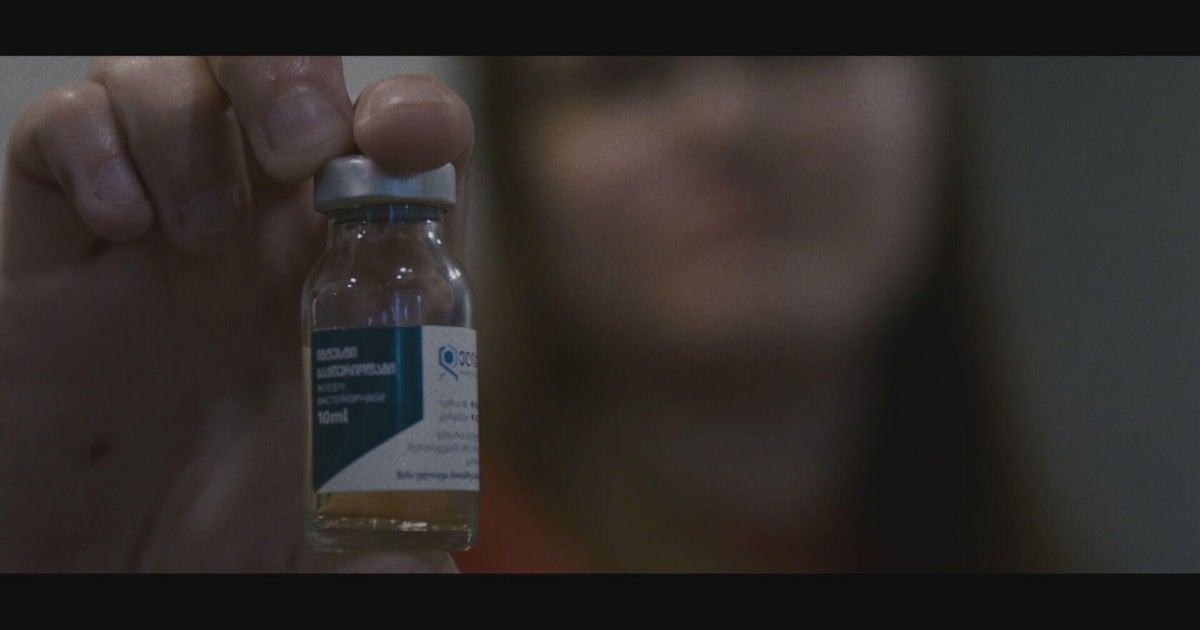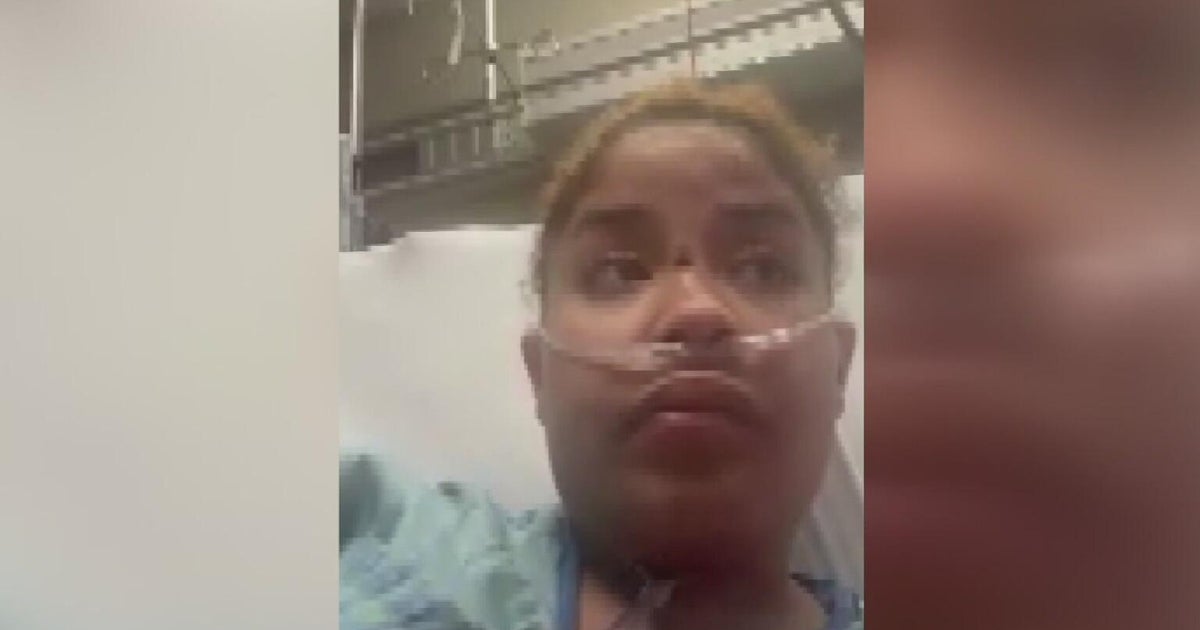Dr. Max Gomez: Gene Therapy Could Be Lifesaver For Cancer Patients
NEW YORK(CBSNewYork) -- It has been called the cancer breakthrough of the year by a major scientific journal.
Therapy that eradicates cancer using a patient's own cells has already saved a number of terminal leukemia patients, CBS 2's Dr. Max Gomez reported.
It has been the Holy Grail of cancer therapy and it harnesses the patient's own immune system to attack cancer.
Now, a major new study has shown how to do that when treating leukemia. It involves using gene therapy to convert a patient's white blood cells into killers.
"I've had several doctors tell me there is nothing else that can be done," leukemia patient Paolo Cavalli said, "It is difficult with a new family to think about those things."
After six years of chemotherapy, stem cell transplants, and multiple relapses Cavalli was out of options for his leukemia.
"I don't think I had many days left," he said.
Cavalli was referred to a lab at Memorial Sloan-Kettering Cancer Center and volunteered for a groundbreaking trial that would turn his own immune system against the cancer that it failed to detect and attack.
"The approach that we've taken is to take a patient's immune cells out of their body and use gene therapy technology to redirect the immune cells to recognize the cancer," Dr. Renier Brentjens, Memorial Sloan-Kettering, explained.
White blood cells called T-cells are taken from the patient, then a virus is used to insert a gene into the cells which tells the T-cells to make a receptor that attaches to markers on the surface of cancer cells allowing the T-cells to kill the cancer.
"We found that this type of therapy in at least one disease which has a very poor prognosis, acute lymphoblastic leukemia, has indeed had outcomes that far exceeded anything we could have thought or dreamed of in our wildest dreams," Dr. Brentjens said.
A study released on Wednesday, found that modified T-cells achieved complete remission in 88 percent of advanced leukemia patients treated.
"I feel great. My energy levels are back to normal, I'm able to travel, I'm not in the same shape that I was but slowly but surely we'll get there as well," Cavalli said.
The treatments aren't easy. As the T-cells fight the cancer the patient may develop intense infection-like symptoms that could land them in the ICU.
Further improvements in this cancer fighting approach will be aimed at breast, colon, lung, and ovarian cancers.
You May Also Be Interested In These Stories







